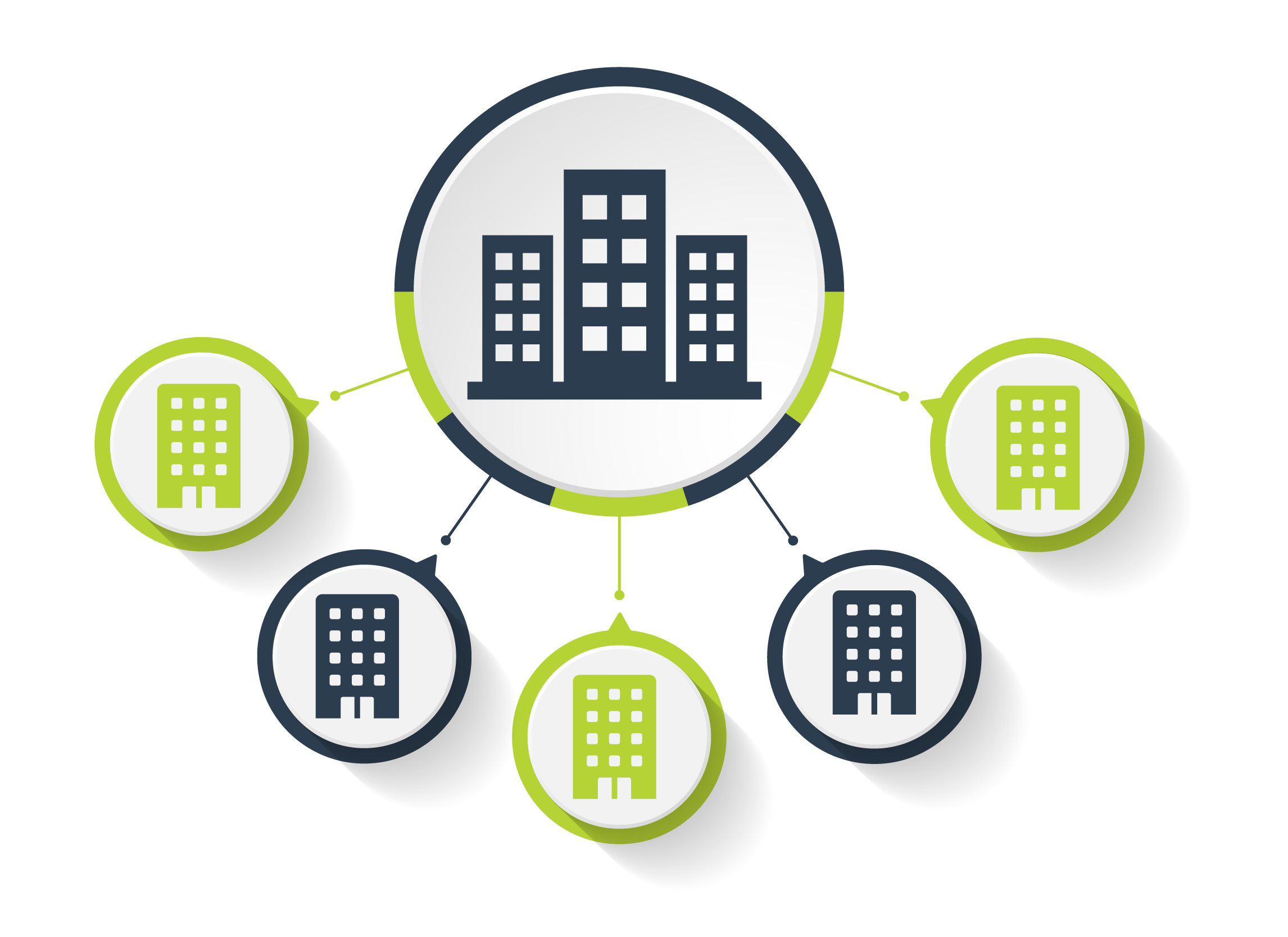5 Ways a Nonprofit Audit Readiness Service Improves Your Audit Process
Originally published on August 4, 2025
Nonprofit audits are a reality for organizations of scale. And while they can feel routine, the implications of an unfavorable audit finding are anything but. Certain compliance issues can raise red flags with grantors, delay funding, or (worse) jeopardize your tax-exempt status.
That’s why audit readiness services are gaining ground among nonprofits. These services help provide a clear, consistent financial picture that instills trust with stakeholders and prepares your team for smooth, efficient audits. At James Moore, we’ve seen how a well-executed readiness strategy minimizes risk and sets the stage for stronger operational performance across the board.
1. Reducing the Risk of Findings or Noncompliance
The consequences of audit findings are not always immediate, but they can be long-lasting. Whether it’s a material weakness noted in your management letter or a flagged internal control issue, these findings can lead to follow-up audits, tighter funding restrictions and reputational damage that is difficult to recover from.
According to the U.S. Government Accountability Office, nonprofits that fail to follow up on audit findings could have their funding withheld or face other consequences. In many cases, issues found in audits are preventable with proper planning and preparation.
Audit readiness services work by identifying potential risks before auditors do. They ensure your financial practices align with applicable standards, from the IRS and GAAP to Uniform Guidance for federally funded organizations. This proactive approach helps you fix small problems before they become major audit findings. It also reduces the likelihood of penalties or audit qualifications that could undermine your nonprofit’s credibility with key stakeholders.
2. Improving Financial Reporting, Documentation and Record-Keeping
In nonprofit audits, documentation is everything. Incomplete or inconsistent records can stall your audit timeline, increase costs and raise doubts among funders and board members. Audit readiness services help by bringing clarity and structure to your financial reporting process. That includes ensuring your general ledger is clean, your revenue streams are properly categorized and your restricted and unrestricted funds are clearly delineated. Documentation reviews also cover support for expenses, payroll allocations and compliance with donor-imposed restrictions.
Strong record-keeping does more than reduce audit stress. It allows your leadership team to make more informed decisions based on accurate, timely data. It also makes financial reporting more transparent, which builds trust with donors, board members and oversight agencies.
For example, many nonprofits struggle with grant tracking — especially when multiple funding sources are in play. Readiness services help you organize this data in a way that not only meets audit requirements but also helps you better understand your financial health throughout the year.
Another frequent challenge is the lack of formal procedures for monthly reconciliations. Even when these tasks are performed, they’re often not documented or reviewed. Standardizing these processes helps ensure consistency and provides the documentation auditors expect to see.
For nonprofits operating at a larger scale, these improvements can unlock significant operational benefits. Clean records help reduce audit fieldwork time and make post-audit follow-up more manageable.
3. Standardizing Internal Controls and Procedures
Inconsistent internal controls are a red flag for auditors and can signal deeper issues within an organization’s financial operations. A nonprofit audit readiness service helps identify where controls are weak, redundant or simply missing. More importantly, it provides practical steps for creating standard procedures that your team can follow consistently.
For instance, a common issue in nonprofit finance is the lack of segregation of duties. In smaller organizations, one person may handle both receipts and deposits, or approve and record expenses. While understandable from a staffing standpoint, this setup increases the risk of error or fraud. Audit readiness assessments highlight these situations and recommend changes that are scalable for your organization’s size and complexity.
Establishing clear financial controls is essential for maintaining transparency and protecting an organization’s resources. Audit readiness services help ensure that your internal procedures meet these expectations and can stand up to audit scrutiny.
4. Boosting Donor and Grantor Confidence
Audits aren’t just about compliance. They’re an important signal to funders about your organization’s integrity and operational maturity. A clean audit, supported by solid preparation, can give donors and grant-making bodies the confidence they need to invest in your mission. In contrast, even minor audit findings can raise concerns about financial stewardship and risk management.
When your nonprofit can demonstrate well-organized records, consistent internal controls and responsive audit procedures, it tells funders that your team is capable and your organization is accountable. This matters especially when applying for competitive grants or major donor gifts, where funders may ask to review audit history or financials before making a decision.
An audit readiness service prepares you for those conversations. It ensures your financial reports are aligned with best practices and your internal systems support transparency. In some cases, organizations also gain the ability to highlight audit readiness in grant applications as a value-added point of distinction.
To further support your organization’s efforts,
5. Facilitating Post-Audit Improvements
The best-case scenario (the goal) is to receive a clean audit with no findings. But in other cases, the audit process doesn’t end with the final report. Some of the most valuable changes can happen after the audit concludes. Whether it’s responding to management letter recommendations or addressing auditor-identified control issues, this follow-up phase is an opportunity for real progress.
In addition to preparing your nonprofit for the audit itself, audit readiness services help translate findings into action. This includes developing responses to any recommendations, assigning responsibilities, and creating timelines for implementation. When done well, this process not only resolves past concerns but also strengthens the organization’s overall financial infrastructure.
For instance, if your audit uncovers issues with grant compliance documentation, a readiness service can help design new tracking tools or workflows that ensure future compliance. If auditors identify control weaknesses, the service can support the rollout of improved policies and train your team to follow them.
Employing a proactive post-audit strategy can help you better maintain donor confidence, avoid repeat findings and improve long-term performance. This type of strategic follow-through reflects a commitment to organizational excellence and prepares your nonprofit for future audits with greater efficiency.
Nonprofit Audit Readiness: The Smartest Move You Can Make
Preparing for an audit is a critical part of running a financially sound nonprofit that can attract funders, meet regulatory expectations and confidently pursue its mission. Audit readiness services reduce the risk of findings, improve financial reporting, standardize controls, build funder trust and set the stage for meaningful post-audit improvements.
In our Nonprofit Services team’s work with large nonprofit organizations, we’ve seen firsthand how readiness creates smoother audits, faster turnaround times, and stronger internal operations. If your organization is preparing for its next audit or seeking to improve after a challenging one, our team is ready to help.
Contact a James Moore professional to learn how our nonprofit audit readiness services can help you gain clarity, stay compliant, and build trust with your funders.
All content provided in this article is for informational purposes only. Matters discussed in this article are subject to change. For up-to-date information on this subject please contact a James Moore professional. James Moore will not be held responsible for any claim, loss, damage or inconvenience caused as a result of any information within these pages or any information accessed through this site.
Other Posts You Might Like




